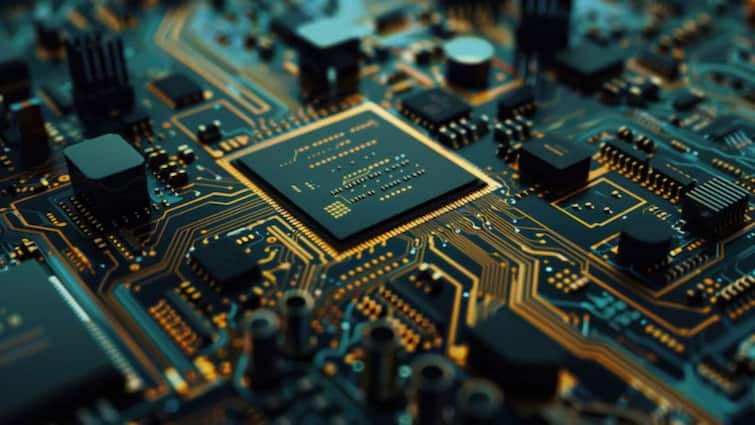### Taiwan’s Bold Move to Safeguard Semiconductor Security
In a decisive action that underscores the escalating tensions in the tech landscape, Taiwan has officially placed Chinese tech giants Huawei Technologies and Semiconductor Manufacturing International Corporation (SMIC) on its export control list. This significant step likens these companies to previously sanctioned entities, including the Taliban and al Qaeda, illuminating the seriousness with which Taiwan regards national and technological security.
### Understanding the Export Control List
The export control list is maintained by Taiwan’s Ministry of Economic Affairs, particularly under the purview of its trade administration’s strategic high-tech commodities entity list. The recent update, disclosed by Reuters, means that Taiwanese exporters will now need to secure government approval before they can supply products or technologies to Huawei or SMIC. This regulatory shift marks a pivotal escalation in Taiwan’s ongoing efforts to restrict the flow of advanced technology into mainland China, especially within critical sectors such as semiconductors.
### Impacts on Huawei and SMIC
The timing of these new restrictions couldn’t be more crucial. Both Huawei and SMIC are engaged in a fierce race to bridge the technological divide in semiconductor development. As Huawei powers forward at the forefront of China’s artificial intelligence initiatives, it faces significant hurdles due to its existing designation on the U.S. Commerce Department’s list. This classification limits Huawei’s access to a wealth of U.S. technologies and goods, including advanced chips from overseas firms like Taiwan’s TSMC, should those products incorporate U.S. technology.
### TSMC’s Role as a Global Leader
Taiwan’s standing as the home of TSMC, a driving force in global chip production, complicates the narrative further. TSMC’s chips serve major players, including Nvidia, and the Taiwanese government has consistently enforced stringent controls on chip exports to Chinese firms. The government’s stance also signals a clear warning against Chinese efforts to recruit Taiwanese chip engineers and acquire sensitive technological know-how, which it views as a direct national security threat.
### Historical Context of Current Measures
This latest regulatory development is not without precedent. A notable incident last October, reported by tech analysis firm TechInsights, highlighted Huawei’s 910B AI chip, which was found to contain components sourced from TSMC. This revelation, identifying the 910B as one of China’s most advanced AI accelerators, prompted TSMC to cease shipments to Sophgo, a Chinese chip company whose designs closely mirrored those of Huawei’s chip. The U.S. Commerce Department then directed TSMC to suspend further deliveries to Chinese entities, accentuating the interconnected nature of these companies in the global tech supply chain.
### The Growing Concerns Behind the New Regulations
The impetus behind Taiwan’s recent decisions is underscored by increasing apprehensions regarding SMIC’s aggressive domestic investment strategies aimed at minimizing dependence on foreign technology. With the ongoing expansion of the U.S. export control regime, Taiwan is poised to bolster its own barriers to protect against potential leaks of strategic technologies. This development reflects a broader strategy among allied nations to curb technological advancements that may enhance China’s capabilities in crucial sectors like semiconductors.
As Taiwan continues to navigate the complex realities of global tech competition, the emphasis on safeguarding its semiconductor ecosystem remains a top priority. The stakes in this high-stakes game are higher than ever, as the implications go beyond mere commerce, touching upon national security and technological supremacy in a rapidly evolving global landscape.


